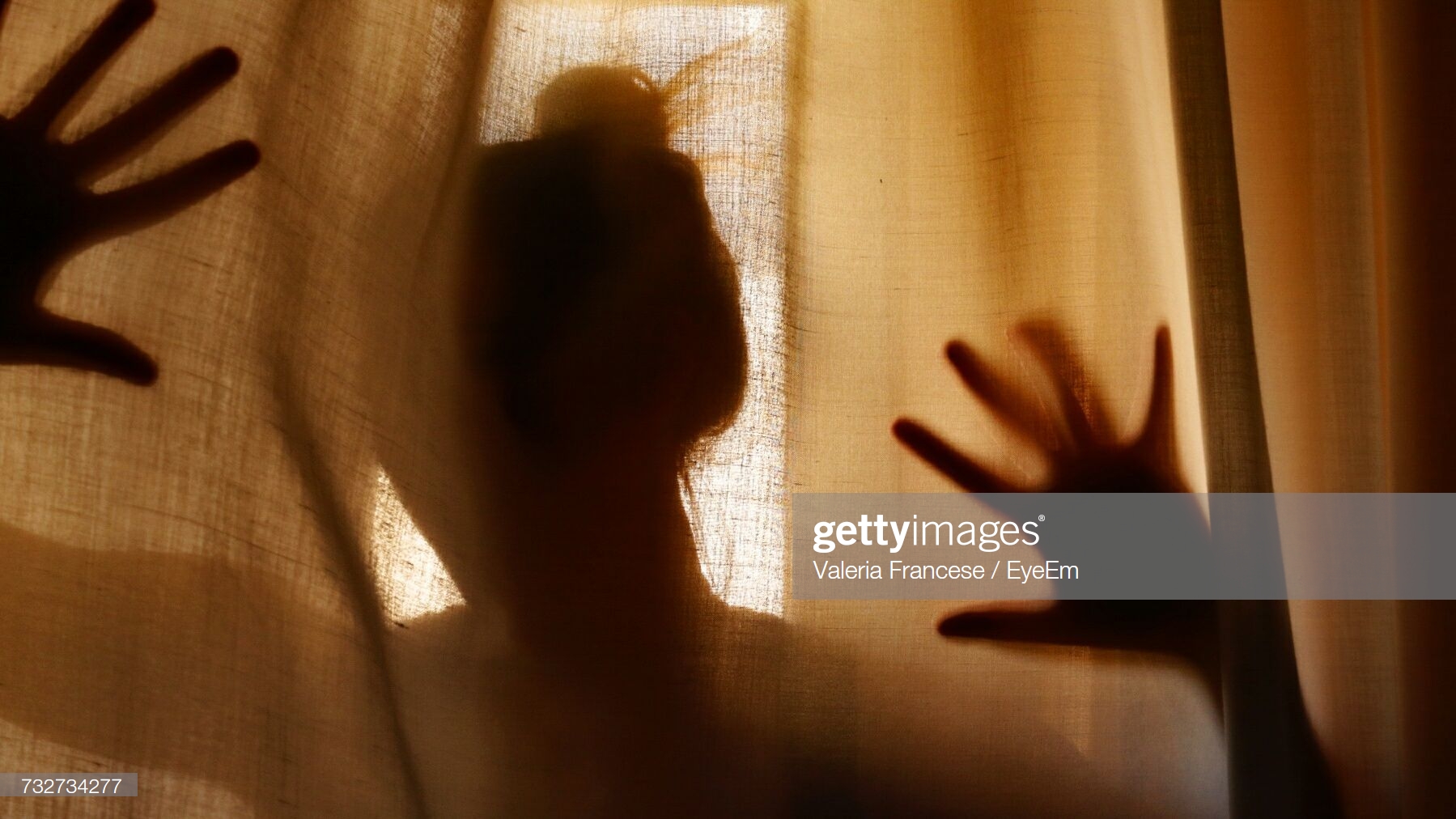Tag: rape culture
For 1 in 16 US women, first sexual intercourse experience was rape, study says
The first experience with sexual intercourse for more than 3 million U.S. women, many in their teens, was forced or coerced, according to a study published Monday.
Those women faced more long-term health consequences compared with peers who had a voluntary first experience, according to the study in JAMA Internal Medicine.
Researchers based their analysis on an annual survey by the Centers for Disease Control and Prevention, which asked women ages 18 to 44 if they chose to have sex for the first time. Of the respondents who answered no, sometimes reporting multiple types of coercion, about 56% described being verbally pressured, 46% said they were held down and 25% said they were physically harmed.
“Any sexual encounter (with penetration) that occurs against somebody’s will is rape. If somebody is verbally pressured into having sex, it’s just as much rape,” said lead author Laura Hawks, an internist and Harvard Medical School researcher.
Among the 6.5% of respondents who indicated their first experience was rape, they said it happened at age 15 on average and the man was often several years older.
After the sexual assault, which the World Health Organization defines as forced sexual initiation, women reported more reproductive health problems, including pelvic pain and menstrual irregularities, than those who had a consensual experience. They had more unwanted pregnancies and abortions, the study says, and reported fair or poor health at double the rate of others.
Rape at college: Why back to school is so dangerous for women
Depression, feelings of powerlessness, sleeplessness and risky behavior are other long-term effects of sexual assault, previous research shows.
The study, which suggests one in 16 U.S. women, or about 3.3 million, were raped in their first sexual encounter, follows a CDC report that nearly one in five women have been raped in their lifetime.
Sex education specialist Dan Rice said inadequate sex education in U.S. schools contributes to the problem.
“Our culture teaches people not to be raped instead of teaching people not to rape,” he said.
The new study does not include information on women’s relationships with the men they had their first sexual experience with, such as whether they were strangers or boyfriends.
If you are a survivor of sexual assault, you can call the National Sexual Assault Hotline at 800.656.HOPE (4673) or go online to hotline.rainn.org/online for confidential support.
Article via USAToday


